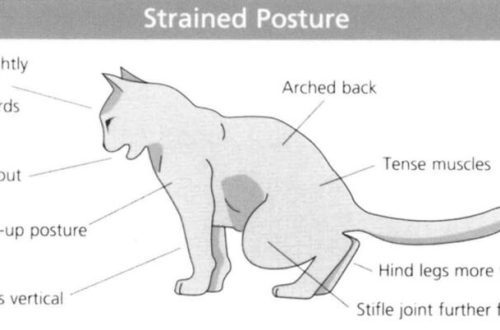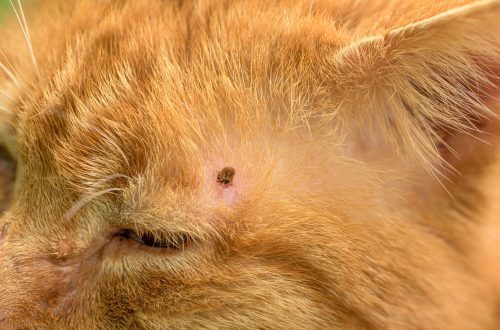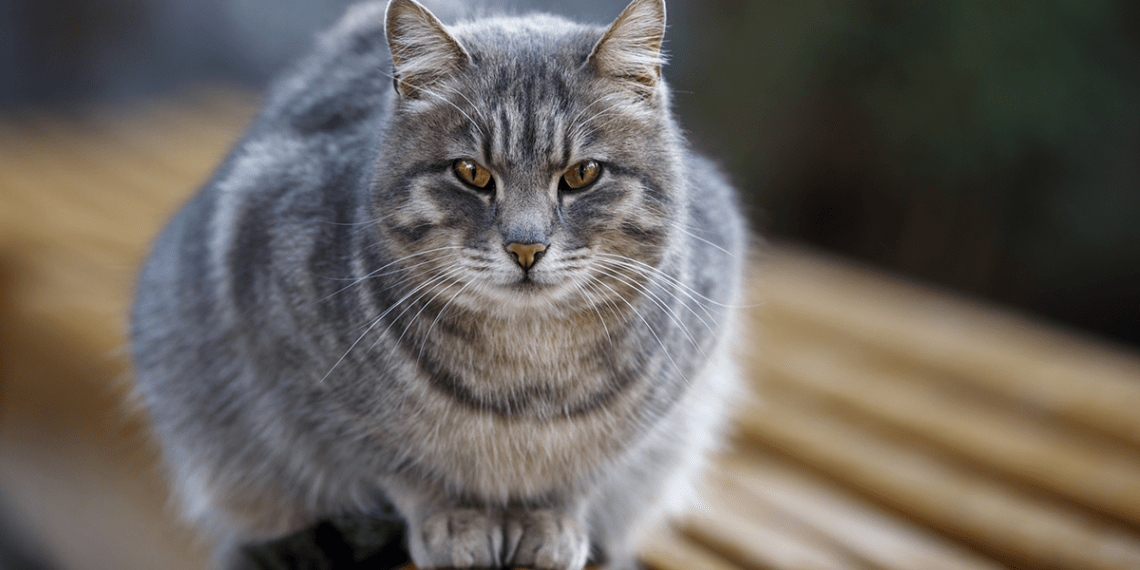
liver disease in cats
And you need to be careful, because often dangerous diseases in the initial stages do not give clearly noticeable symptoms, and when these symptoms appear, the process may already be irreversible — in any case, the treatment will be long and expensive. The conclusion is simple: prevention and more prevention. Today we will talk about such a common problem in domestic cats as liver disease.
Very often, the owners are to blame for the fact that the animal is sick. The most common reasons: the cat is given the wrong food — they feed “from the table” with anything, including fatty, fried, smoked meats, or poor-quality store food. And they also forget or are too lazy to give a anthelmintic and vaccinate. Yes, someone was lucky, and their Murka or Barsik lived for 20 years on the remnants of borscht and chicken bones. But this is a rare exception.
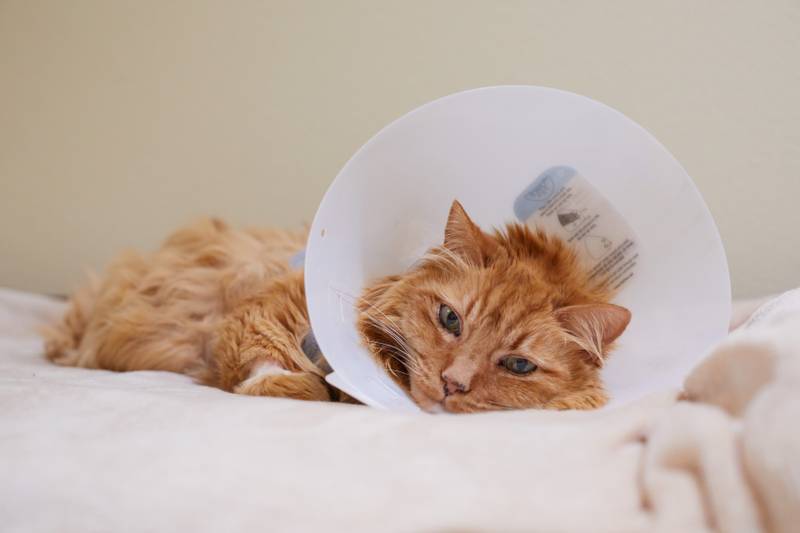
What is a liver?
It is a biological filter of a living organism. Harmful substances enter the liver cells, where they are neutralized. In some cases, the liver cannot completely neutralize their liver, and then the disease develops.
So, in order to prevent diseases, you need:
- Feed quality food;
- Give anthelmintic according to the scheme;
- To vaccinate an animal;
- Make sure that the cat cannot eat something poisonous.
What are the signs of liver disease?
- Jaundice (yellow mucous membranes);
- Vomiting;
- Diarrhea (feces of light or gray color);
- Itchy skin;
- Pain;
- Ascites;
- Coma.
Unfortunately, it is not easy to “catch” the beginning of the disease. Therefore, conscientious pet owners give their pets blood and urine tests once a year as a medical examination.
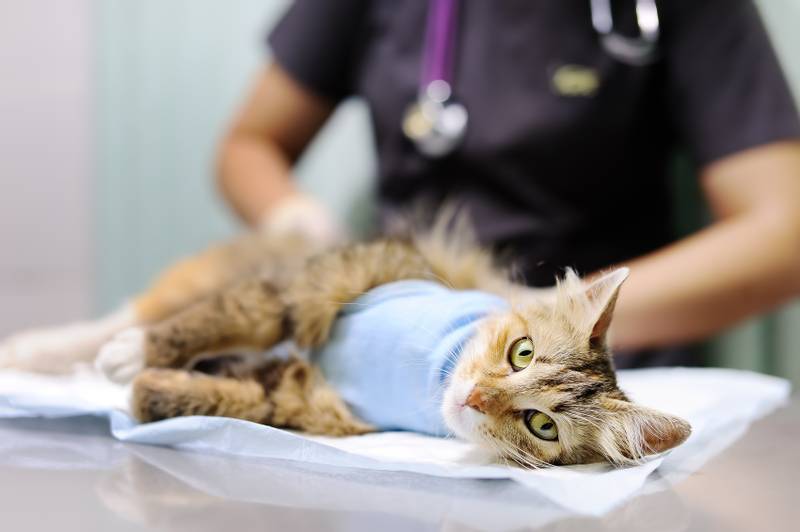
The most common pathologies:
Hepatosis. It occurs as a result of infection or poisoning with poisons, as well as from an overdose of drugs.
Cirrhosis. It occurs, as a rule, in elderly animals with hepatitis or after severe long-term treatment, as well as from improper feeding and severe obesity.
Cholangitis. There are two types: associated with infection and arising due to failures in the immune system.
Lipidosis. The growth of fat cells. Associated with improper feeding, often occurs with diabetes.
Neoplasms. The most serious. Unfortunately, in these cases we are talking only about the terms of survival.
As you can see, with liver diseases, an accurate diagnosis can only be made by a veterinarian according to examinations. The task of the hosts — Take good care of your pet and check it regularly.



